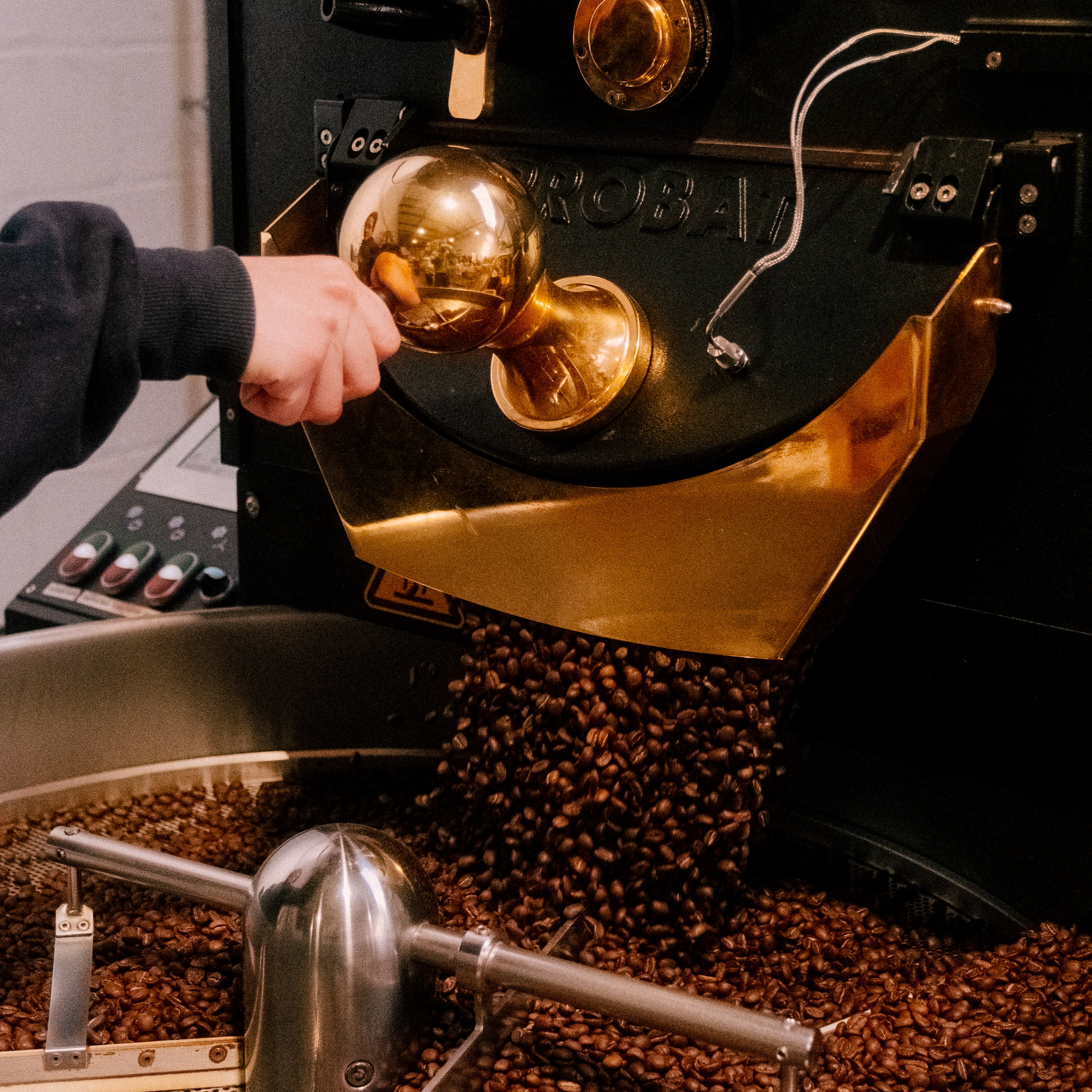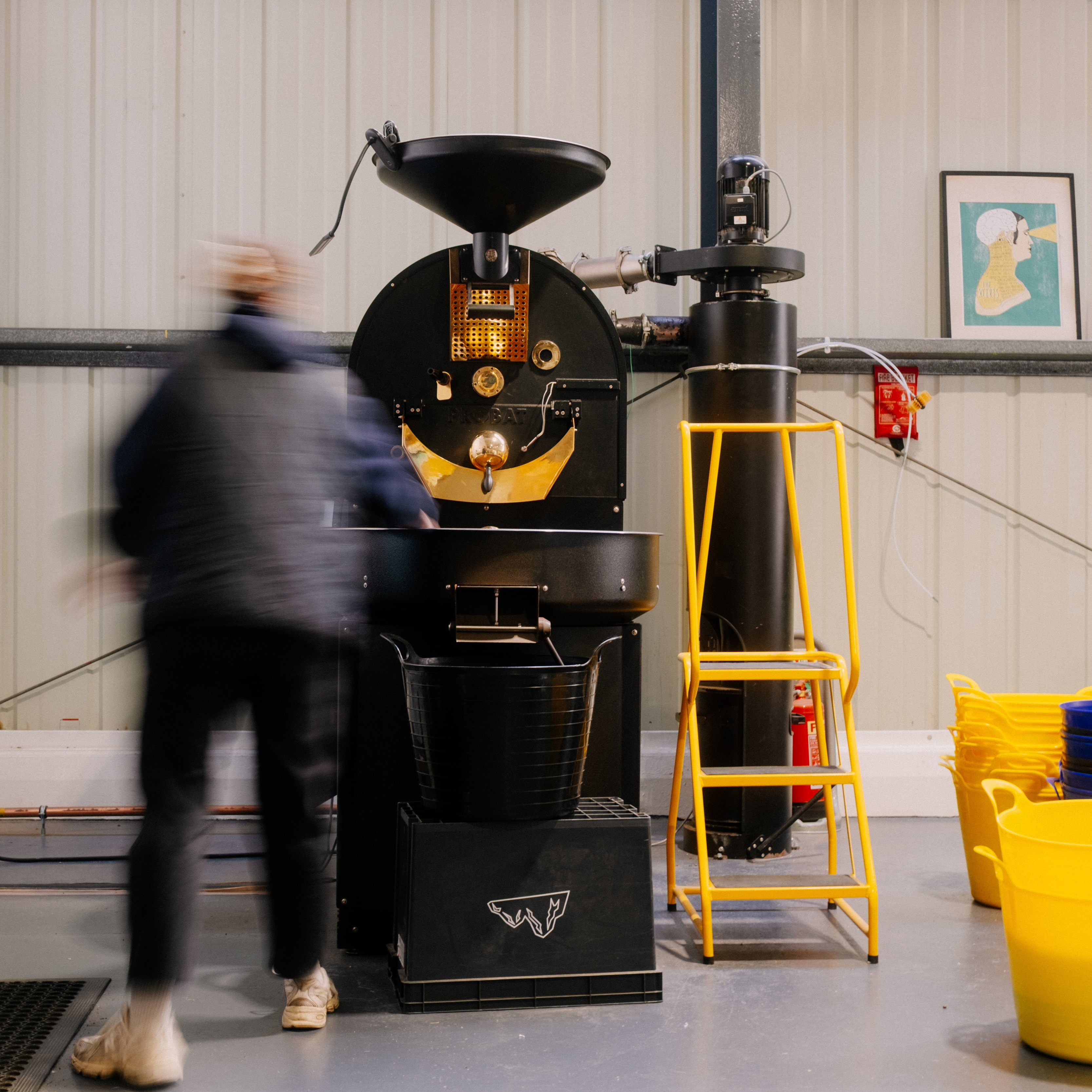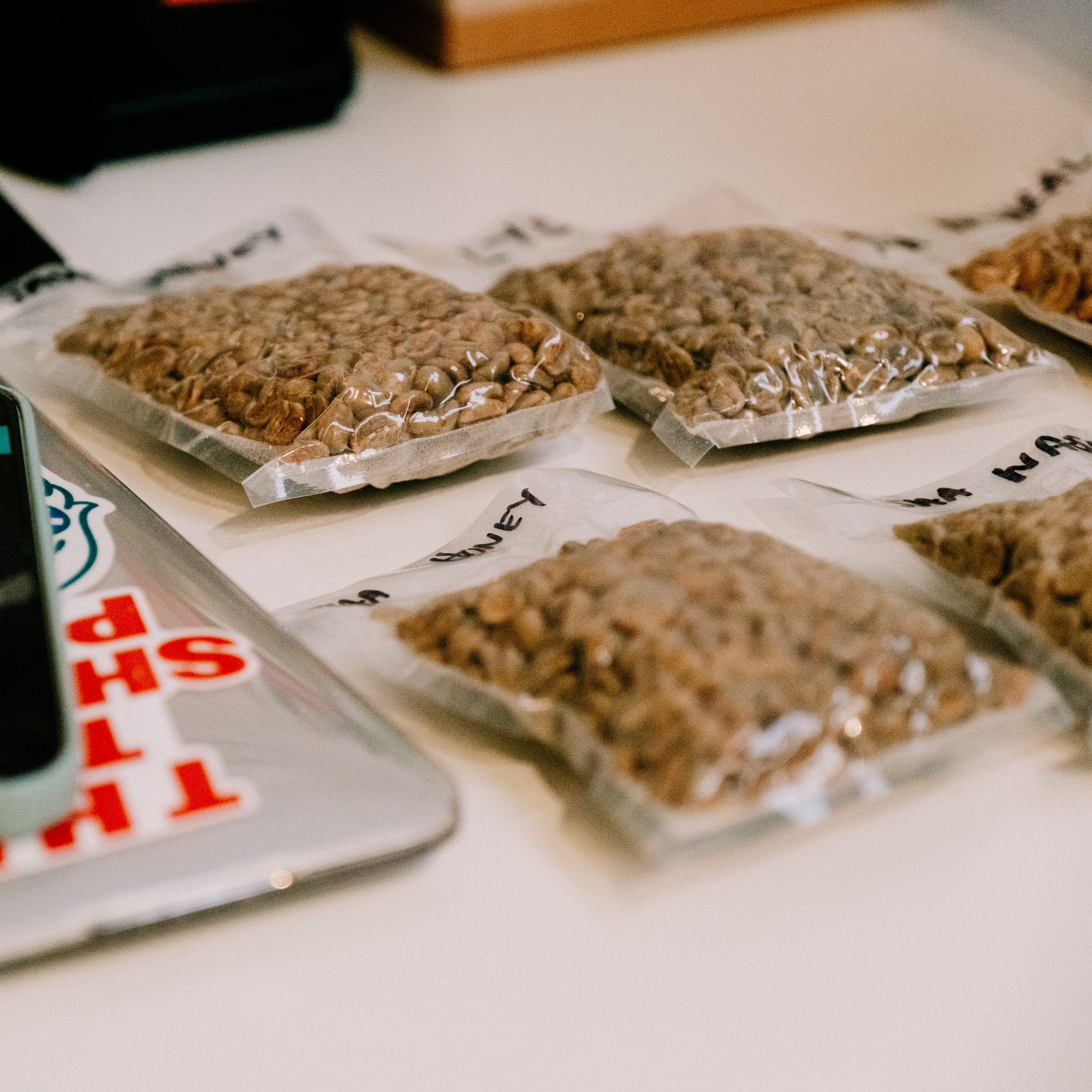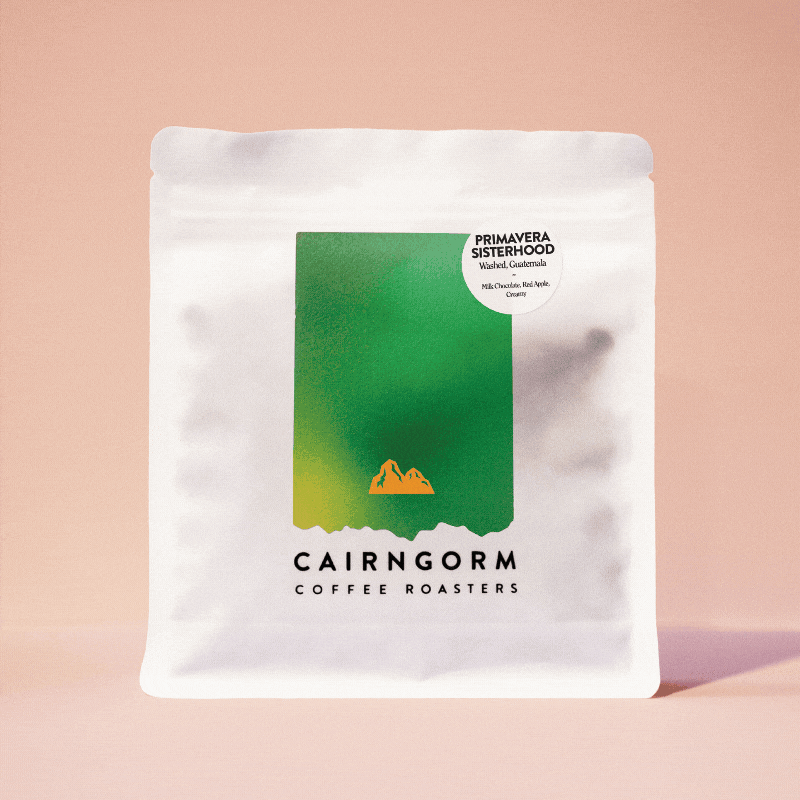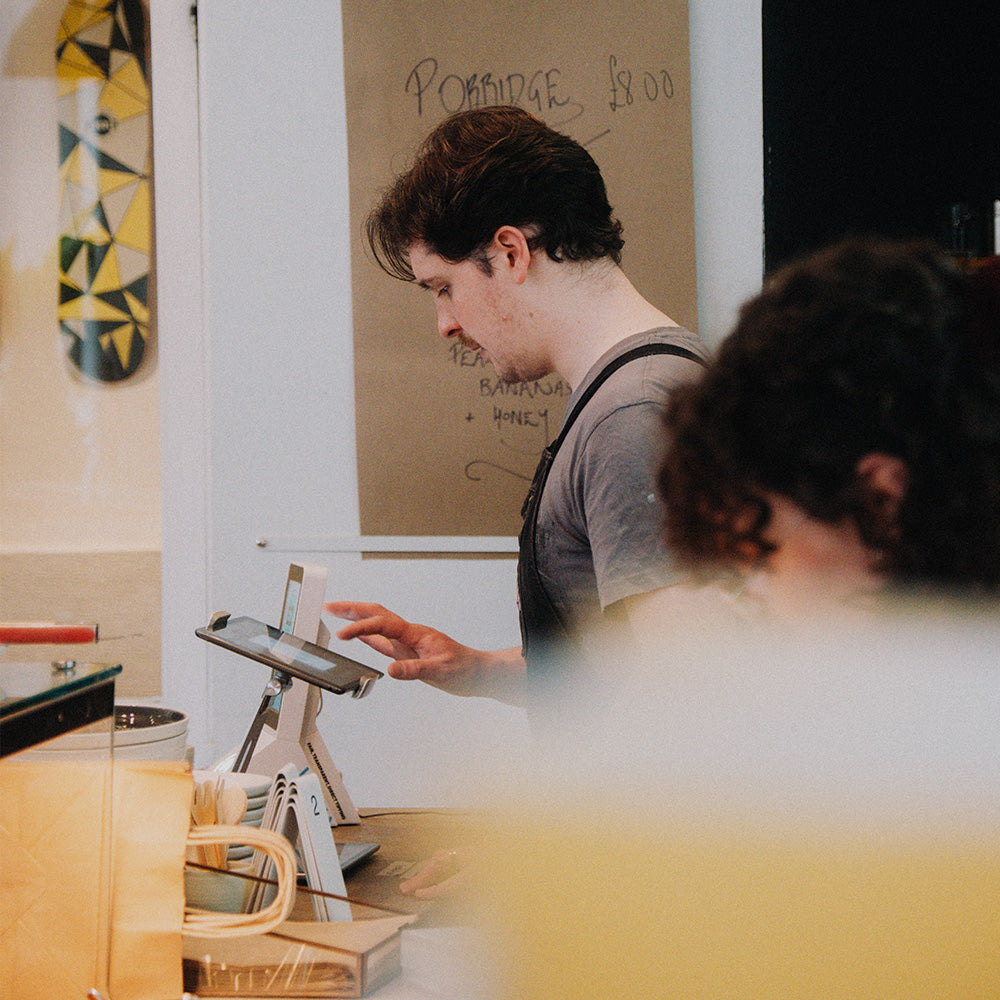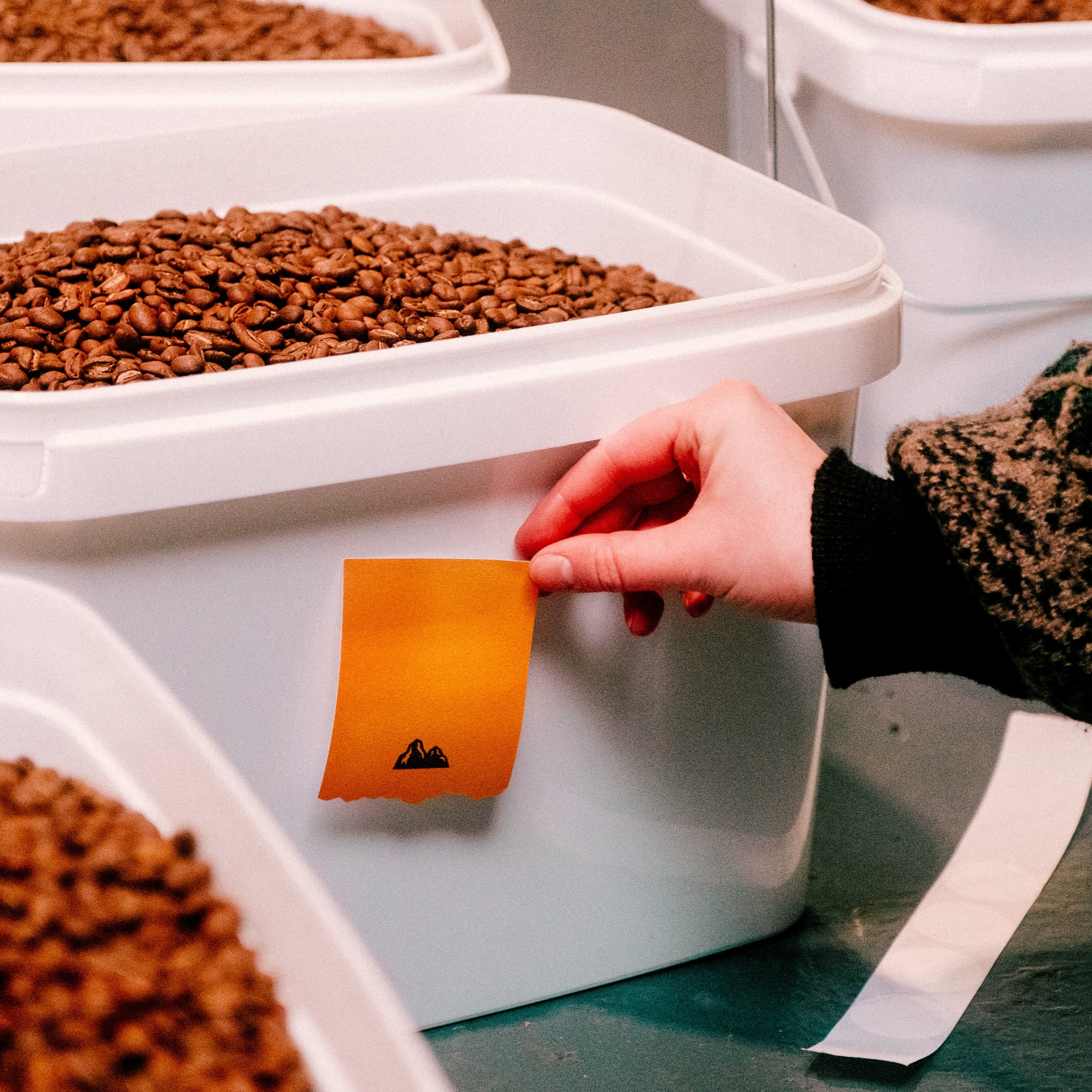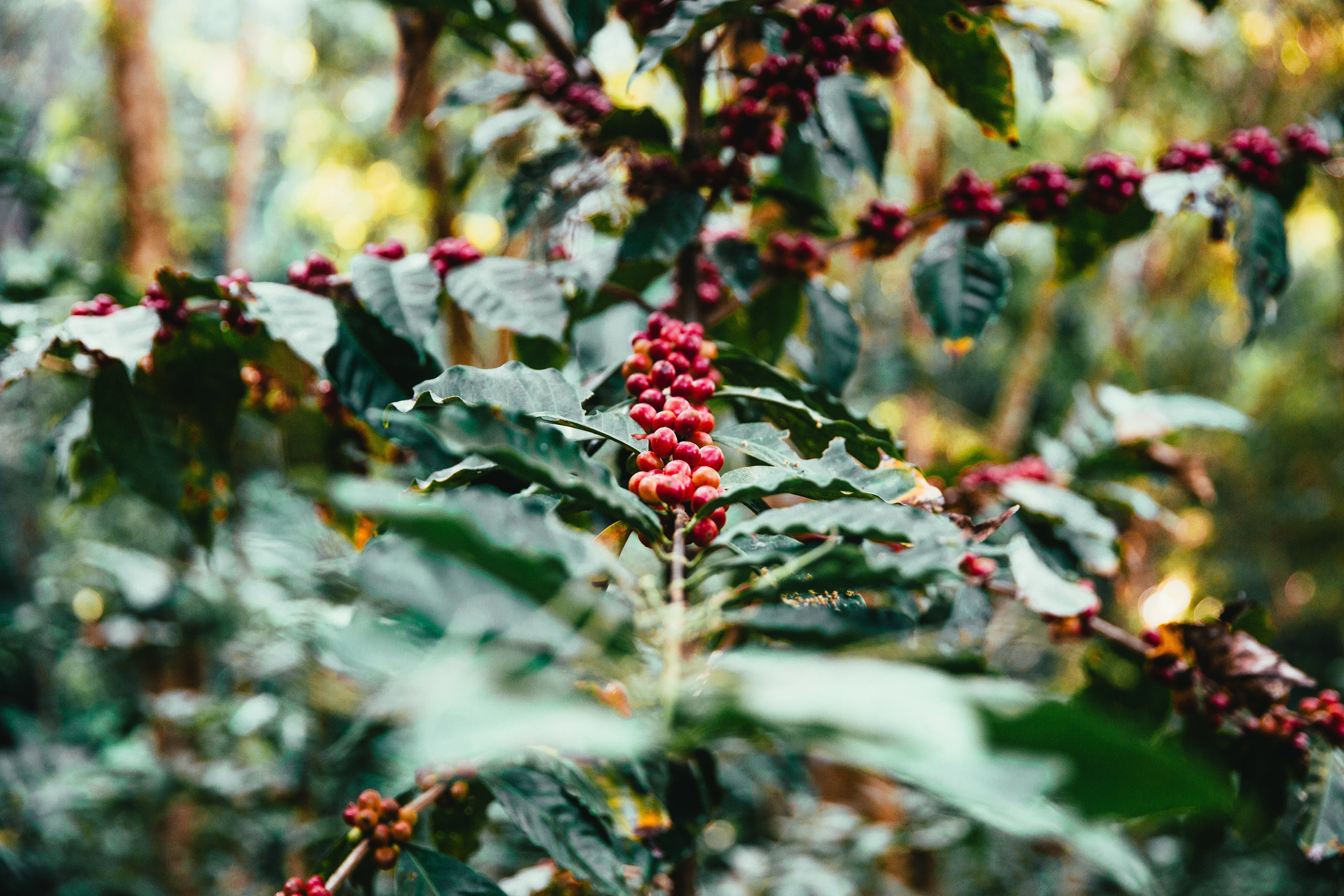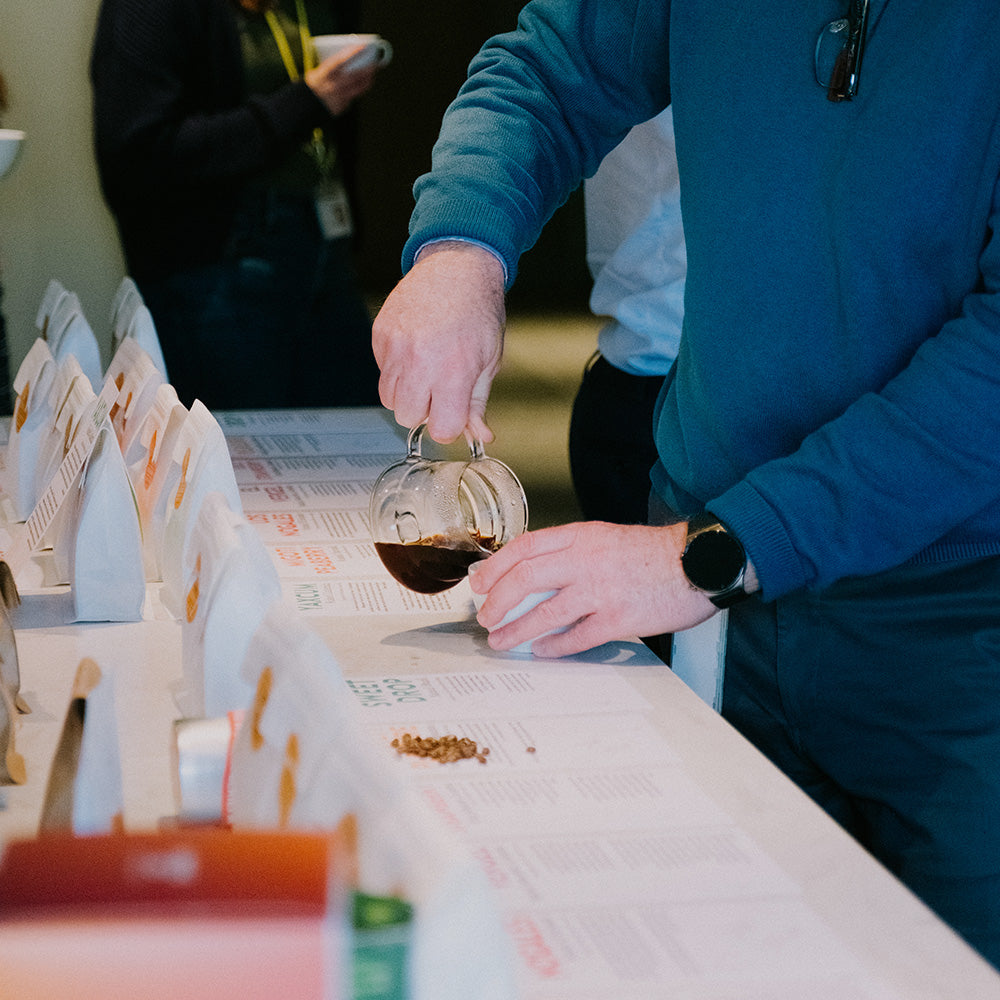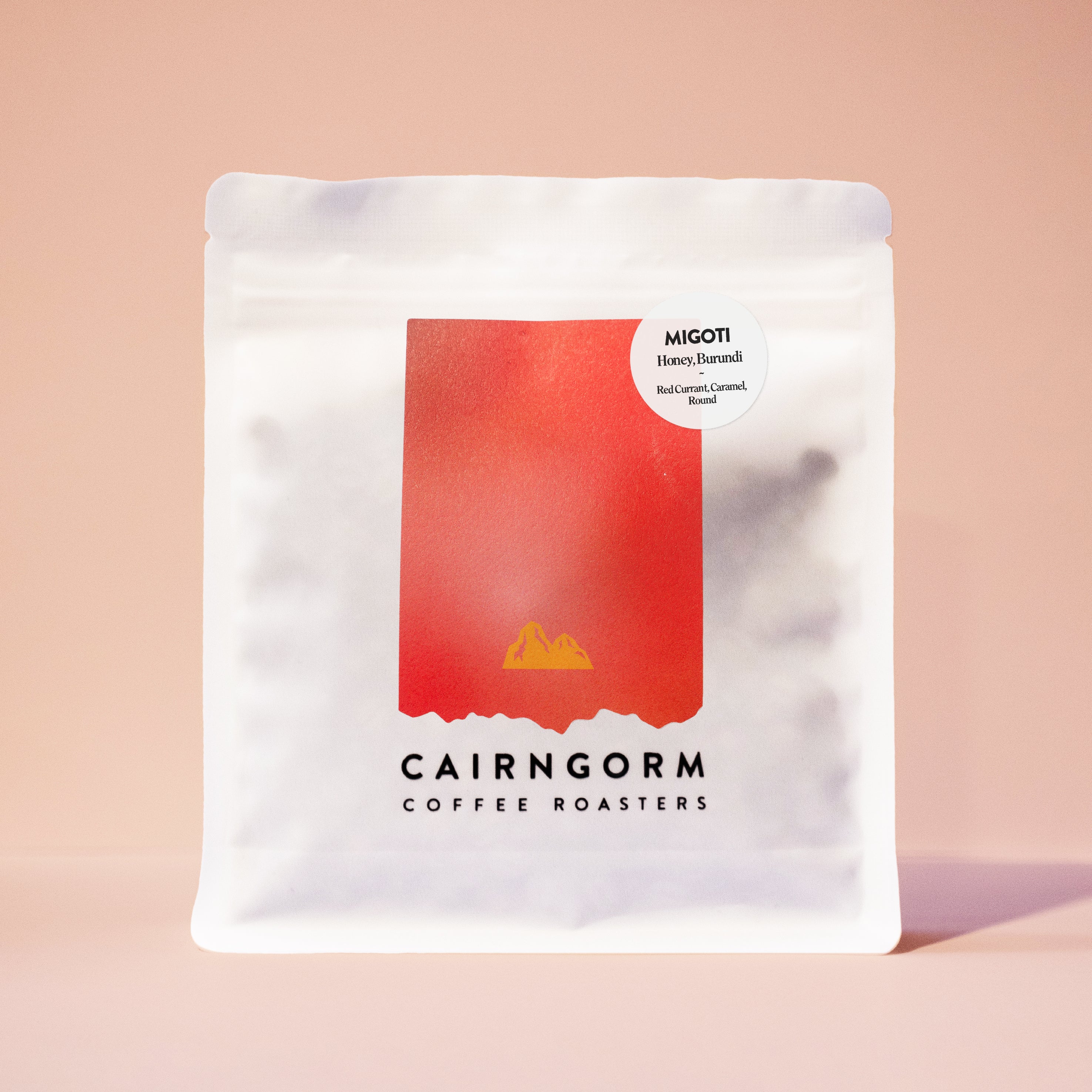
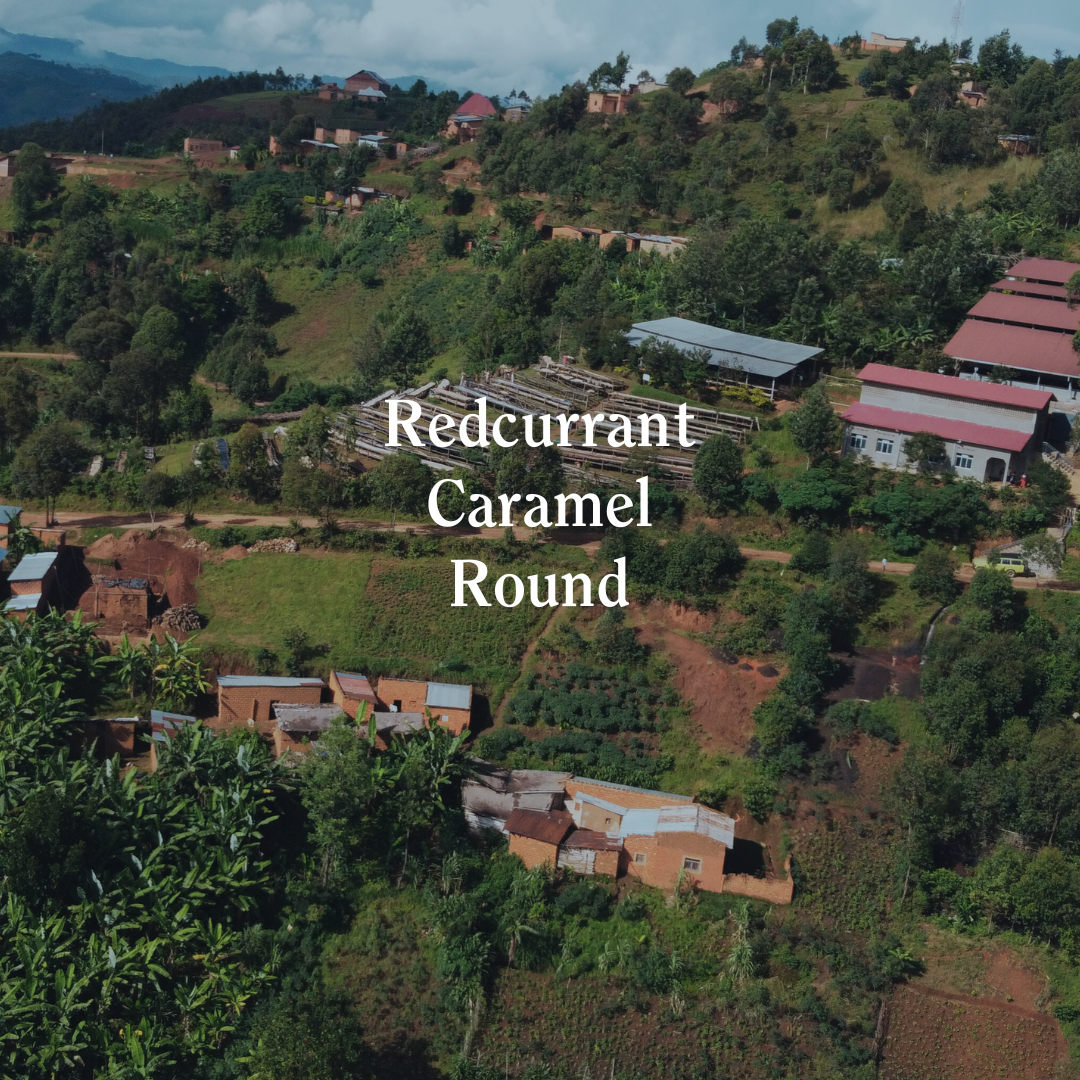

Tasting Notes: Redcurrant, Caramel, Dried Apple
Migoti - Burundi
This beautifully processed Honey, Burundi was produced by Migoti Coffee Company. This coffee is a result of highly skilled farmers in Burundi, despite facing challenging obstacles, like fuel shortages, landslides and heavy rain, we were so impressed with the sweetness and syrupy body on the cupping table.
You can expect high sweetness with nuts and dry fruit notes supported by a bit of spice, and a caramel aftertaste.
Varietal: Red Bourbon
Altitude: 1600 masl
Producer: Migoti
Resting: We recommend resting this coffee for at least 5 days after the roast date.

Migoti - Burundi
Sale price$17.00

Produced by:

Bujumbura, Burundi

Honey


